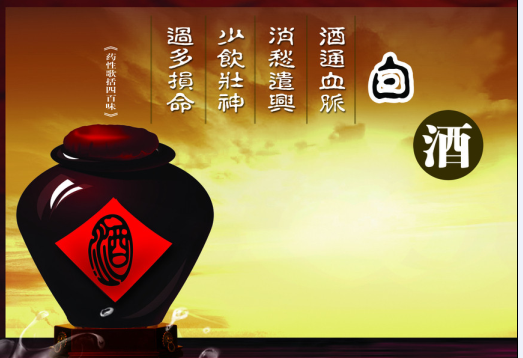The physiological functions of blood are to nourish and moisten the body as described in Nanjing. Since blood contains the nutrient qi, it can nourish all the organs in the body. Through the meridians, blood transports nutrient substances to all parts of the body to nourish the five zang-organs, the six fu-organs, the five constituents, the five sensory organs and the nine orifices.

It should be noted that blood is also the important material base for mental activities. If blood is sufficient, there will be sufficient vitality; if blood is deficient, there will be dispiritedness; if blood is in disturbance, there will be mental disorder. Since blood contains fluid, it can moisten the viscera and the body. When the fluid flows out of the vessels, it moistens the orifices and lubricate the joints.
Besides, blood also transports the turbid qi. When the turbid qi is transported to the lung, it is excreted from respiration. When it is transported to the kidney, it is discharged from urination. When it is transported to the superficies, it is excreted from sweating.







